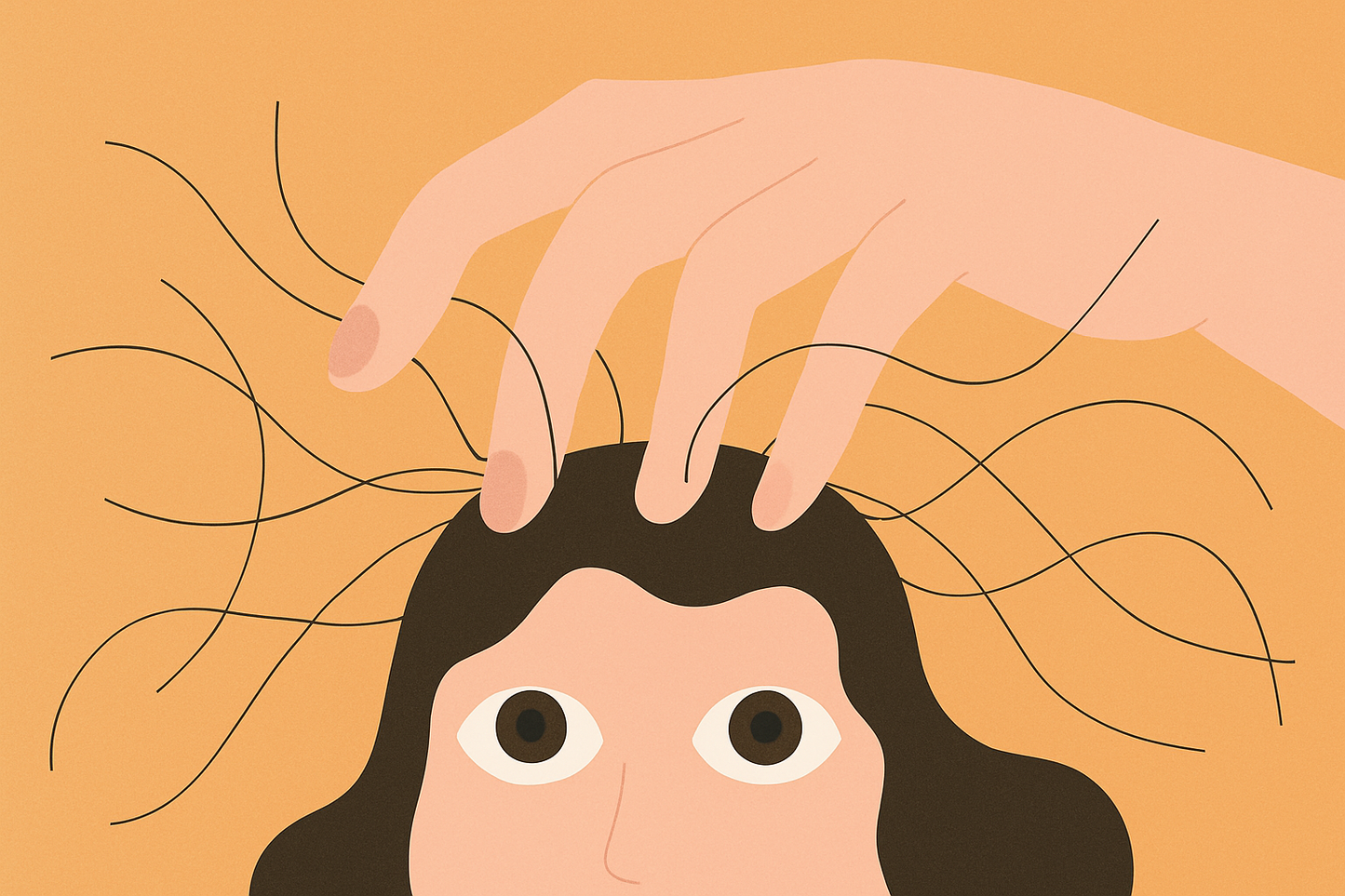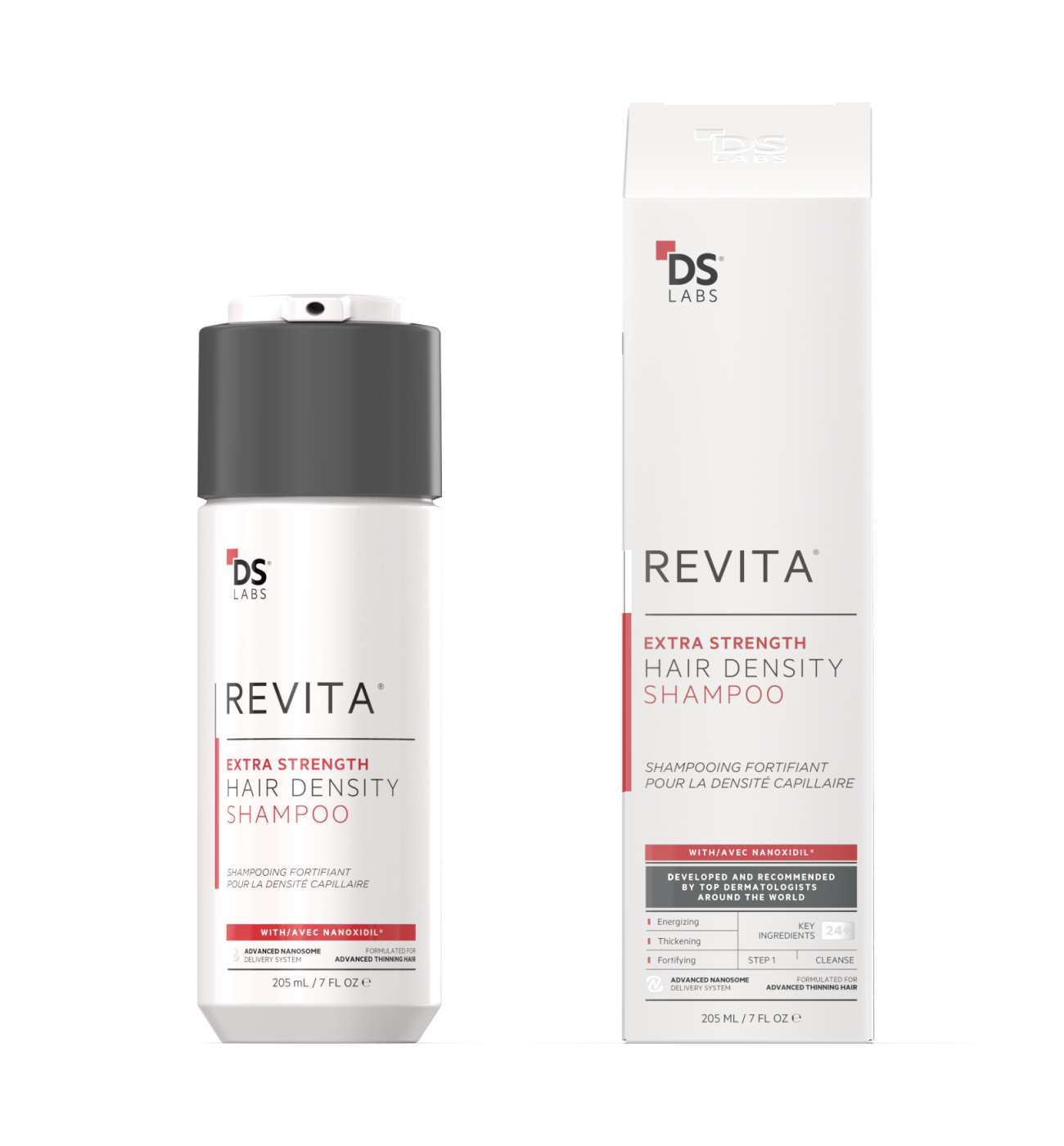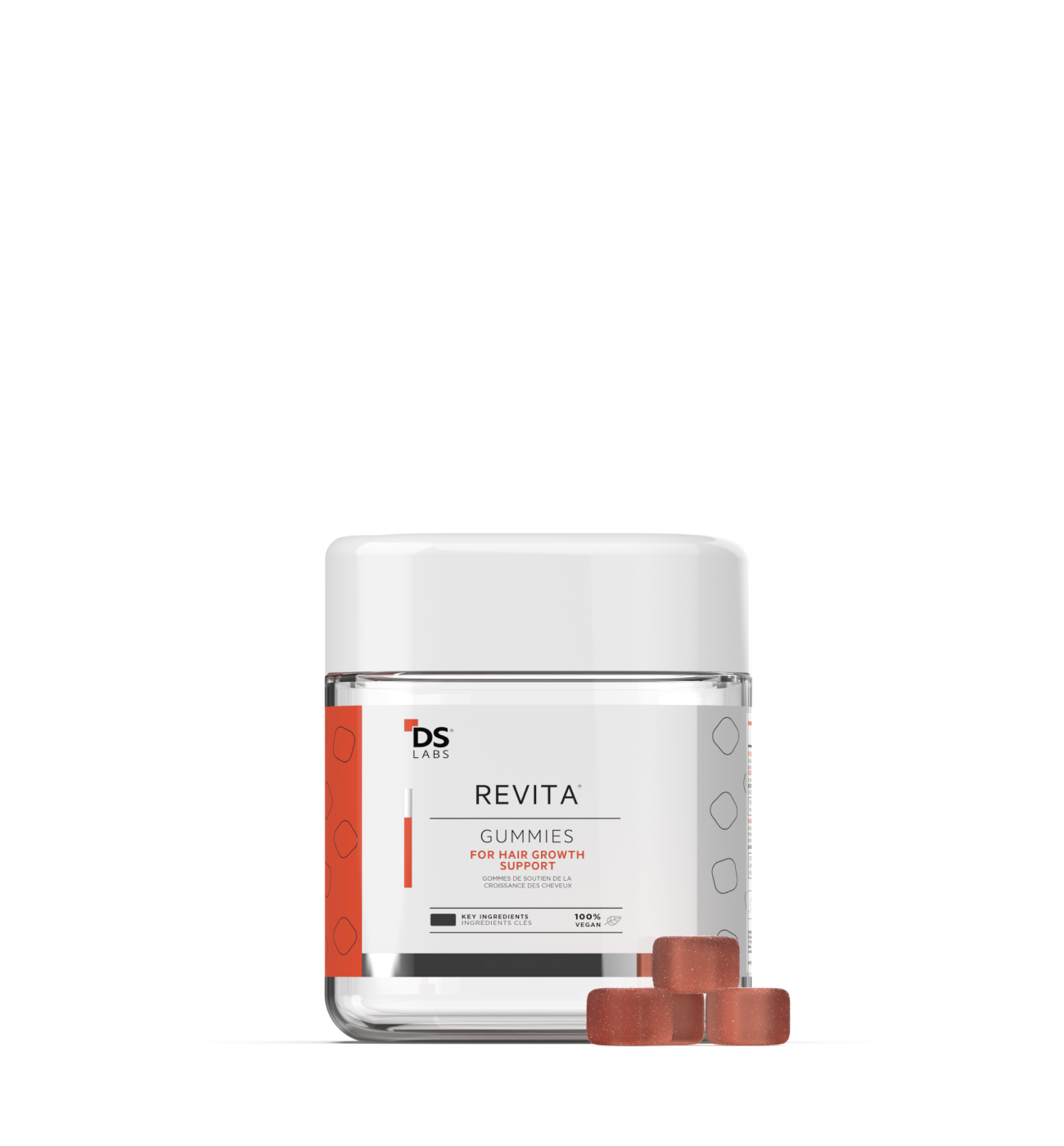In recent months, GLP-1 medications, such as Ozempic and Wegovy, have taken center stage in conversations about weight loss. These medications, originally designed to manage diabetes, have become popular for their appetite-suppressing effects, making them a sought-after option for those looking to shed extra pounds.
However, along with the benefits, some users have reported unexpected side effects—including hair loss. While not officially listed as a common side effect, social media discussions and anecdotal reports have sparked curiosity and concern.
Why Could GLP-1 Medications Cause Hair Loss?
Hair loss related to GLP-1 medications may be less about the drug itself and more about rapid weight loss. Any significant shift in body weight or nutrition can potentially disrupt the hair growth cycle, leading to shedding. This phenomenon is known as telogen effluvium, where hair follicles prematurely enter the resting phase.
Moreover, when the body experiences rapid changes, it may prioritize essential functions over hair growth, leading to temporary hair thinning or shedding. Stress, nutritional deficiencies, and hormonal changes during weight loss can further exacerbate this issue.
How to Support Hair Health During GLP-1 Use
If you’re using GLP-1 medications and experiencing hair loss, there are proactive steps you can take to maintain hair health:
1. Focus on Balanced Nutrition: Ensuring adequate protein, vitamins, and minerals can help support hair growth.
2. Hydrate and Supplement: Staying hydrated and using hair-strengthening supplements can make a difference.
3. Use Hair Care Products Designed for Thinning Hair: DS Laboratories’ Revita line, including our shampoo, conditioner, and hair-stimulating serums, is formulated to nourish the scalp and support healthier, fuller-looking hair.















